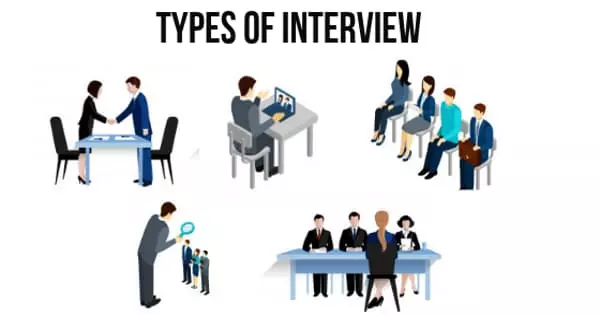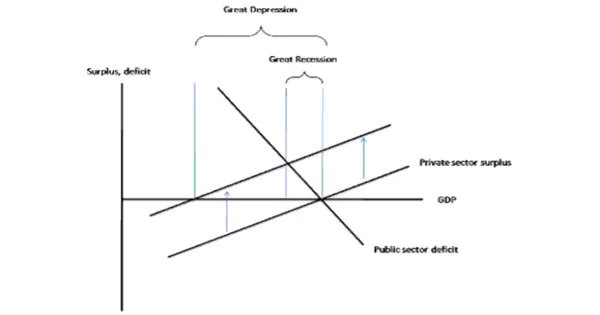When you think of a job interview, you probably picture yourself sitting across from a hiring manager, answering a series of all-too-familiar questions. While this is certainly the norm, employers are increasingly using a variety of interview formats to screen candidates in novel ways. The interview has a significant impact on the business when it comes to selecting a candidate, and it is also the most well-known mode of communication.
Types of Interviews –
Depending on circumstances, the following types of interviews forms:
(A) Structural view
Here interview may follow any of these patterns:
(1) Structured Interview: In structured interviews, the interviewer prepares a list of questions and acceptable responses and may even rate and score possible answers for appropriateness. In this case, all candidates answer the same questions in accordance with a predetermined procedure. ‘Interviewers look at all applicant qualifications in the same general way; the same questions are asked to each applicant,’ according to the structured condition.
(2) Semi-Structured Interview: In this case, the interview follows the standard format, but the interviewer may also ask questions about other topics of interest. Candidates are asked what actions they would take in various job-related scenarios. Additional questions in the same areas may not be asked to all candidates, and those questions may be disorganized.
(3) Unstructured Interview: Unstructured interviews are those that do not adhere to a predetermined set of questions. Unstructured interviews are those in which probing, open-ended questions are asked. It entails a procedure in which different questions are asked of different applicants. Such an interview provides insights that cannot be gained in a structured interview.
(B) Personal View – It appears in the following ways:
(1) Selection Interview: The selection interview is the most common and widely used interview type. This type of interview is used to identify potential and suitable candidates for open positions.
(2) Assessment or appraisal interview: In this interview, an employee’s performance is questioned in order to justify his quality, efficiency, commitment, and dedication as required by the job. Appraisal interviews can help to determine employee ambition, motivation, and morale.
(3) Promotion Interview: Employees are promoted to higher ranks in an organizational hierarchy based on their performance. A promotion interview is held to assess an employee’s current performance as well as his ability to perform in a higher-level position. The interview also makes the interviewee aware of his or her new responsibilities.
(4) Counseling interview: This is an interview in which the troubled employee serves as an interviewee and management serves as an interviewer. In such an interview, it is clearly discussed if an employee’s performance is unsatisfactory or if he is experiencing any problems at work. As a result, such an interview attempts to identify problems and offers solutions to those problems.
(5) Exit Interview: When an employee is leaving any organization either voluntarily or through dismissal, an interview takes place to:
- Find out a reason to leave or
- Notify reasons for dismissal
The respective opinion of the leaving employee will be useful to modify employee policy.
(6) Stress Interview: This type of interview is uncommon, and it entails the interviewer baiting you to see your response. This interview is intended to put the interviewee in a stressful situation and thus observe the interviewee’s reaction. The goal is to expose your flaws and see how you react under pressure. Such an interview is conducted for jobs that are extremely stressful. Tactics can range from constant interruptions and strange silences to provoking and challenging interrogation-style questions designed to test your limits.
These are not the only types of interviews; there are many more. We have already discussed the most important and common types of interviews.
















